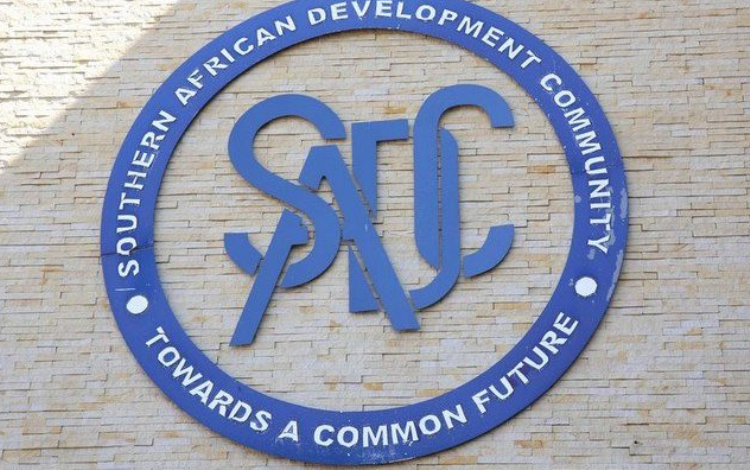SADC Member States validate Biodiversity Strategy and Action Plan
The validated SADC RBSAP calls for investment in combating biodiversity and ecosystem losses, focusing on four key components, each critical in achieving the region's biodiversity goals.

In significant strides towards addressing the alarming rate of biodiversity loss in Southern Africa, representatives from SADC Member States, government officials from the environment and agriculture sectors, development partners, the private sector as well as youth representatives validated the SADC Biodiversity Strategy and Action Plan (SBSAP). The two-and-a-half-day validation meeting coordinated by Food and Agriculture Organization of the United Nations (FAO) brought together more than 80 participants in Cape Town, plus more than 20 who connected virtually from 8 to 10 April 2024.
In Southern Africa the increasing threats to biodiversity jeopardizes the efforts to attain the sustainable development goals as outlined in the SADC Regional Indicative Strategic Development Plan (RISDP) of 2020-2030, the African Union Agenda 2063, and the 2030 Agenda for Sustainable Development and its Sustainable Development Goals (SDGs).
The collaborative effort between FAO and SADC, through funding from the European Union (EU), is an effort towards the region's renewed commitment to sustainable growth and resilience-building among SADC Member States and their citizens. The validated SADC RBSAP calls for investment in combating biodiversity and ecosystem losses, focusing on four key components, each critical in achieving the region's biodiversity goals.
These components are the four biodiversity pillars, which are 1) reducing threats to biodiversity, 2) sustainable use and benefit sharing, 3) tools and solutions for implementation and mainstreaming (capacity building), and 4) resource mobilization. These pillars are elaborated into priority areas which include but not limited to sustainable land management, sustainable agriculture, climate change and alien invasive species.
The 10-year (2025-2035), Biodiversity Strategy and Action Plan will serve as the foundation for more in-depth policies that will be operationalized to increase the effectiveness and efficiency in the implementation of the African Union’s Biodiversity strategy and the Kunming-Montreal Global Biodiversity Framework.
In her welcome remarks, the FAO - ACP MEAs 3 Global Coordinator, KimAnh Tempelman, said that FAO, through the EU-funded ACP MEAs 3 programme, is grateful for having been given the opportunity to support the SADC BSAP revision process technically and financially. And that, “the SADC BSAP will provide guidance to SADC Member States in the revisions or drafting of their National Biodiversity Strategies and Action Plans and facilitate the implementation of the African regional and global biodiversity agendas.”
Patrice Talla, FAO Subregional Coordinator for Southern Africa, acknowledged the significance of the strategy, stating, "This strategy will promote environmental sustainability across agricultural sectors by creating an enabling policy environment and integrating biodiversity and sound pesticide management.”
Sibongile Mavimbela, the SADC Senior Programmes Officer - Environment and Climate Unit, underscored the consultative nature of the strategy, stating, "This strategy is a product of exhaustive consultations, extensive co-creation and collaboration that took more than two years.”
She recognized the partnership with FAO and the invaluable funding by the European Union and inputs of member states, partners, and youth at the core of these discussions. “We extend our appreciation to our partners and experts present, whose technical expertise and financial support were instrumental in the drafting of this strategy," said Sibongile Mavimbela.
Following its validation, the SBSAP will now be submitted to SADC Ministers responsible for Environment, Natural Resources, & Tourism for consideration and adoption.










